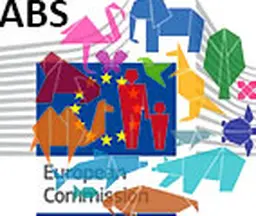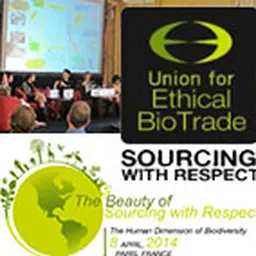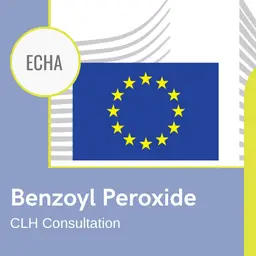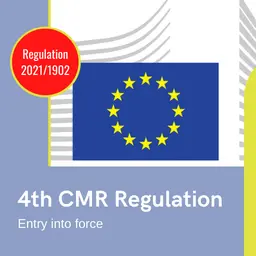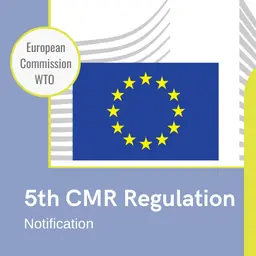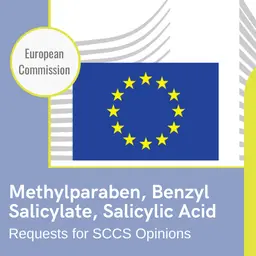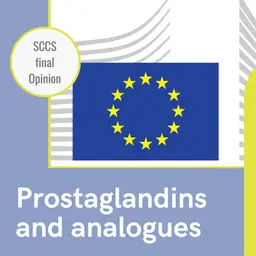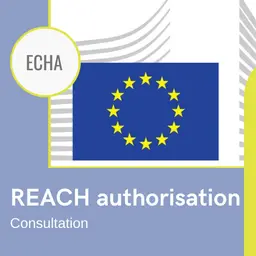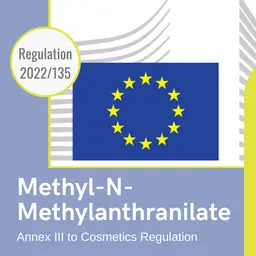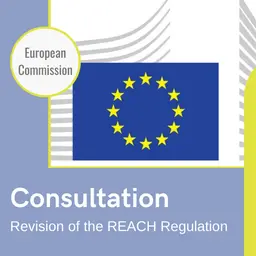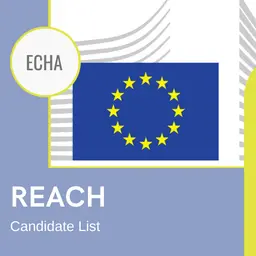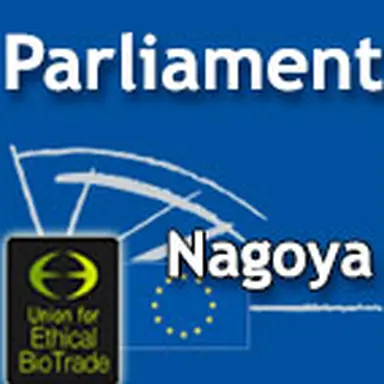
On 11 March 2014, the European Parliament overwhelmingly adopted new rules on access to genetic resources and fair and equitable sharing of benefits resulting from their utilization (also known as ABS) in the European Union. The European Parliament also granted its consent for the European Union to be legally bound by the Nagoya Protocol on ABS, an international agreement under the Convention on Biological Diversity (CBD).
UEBT press release
“The Parliament vote is a landmark vote that will significantly impact the way biodiversity based R&D is conducted in the food and cosmetics industry” , says María Julia Oliva, Senior Coordinator for Policy and Technical Support at the Union for Ethical BioTrade (UEBT).
The EU rules on ABS aims to monitor and support compliance with ABS requirements around the world. Laws and regulations in biodiversity rich countries such as Brazil, South Africa, and India already include requirements on how to access biological material for research and development and how to share the monetary and non-monetary benefits resulting from new information, innovations or products.
“With the new EU rules, persons or organizations conducting biodiversity-based research and development in the European Union – including companies from sectors such as plant breeding, cosmetics, food and beverage, biotechnology and pharmaceuticals – must ensure that the resources and any associated traditional knowledge utilized comply with applicable ABS rules in the provider country” , explains Ms Oliva.
In particular, EU rules on ABS establish due diligence requirements, applicable to research and development conducted on biological material accessed once the Nagoya Protocol enters in force. Companies involved in biodiversity-based research and development must seek, …

